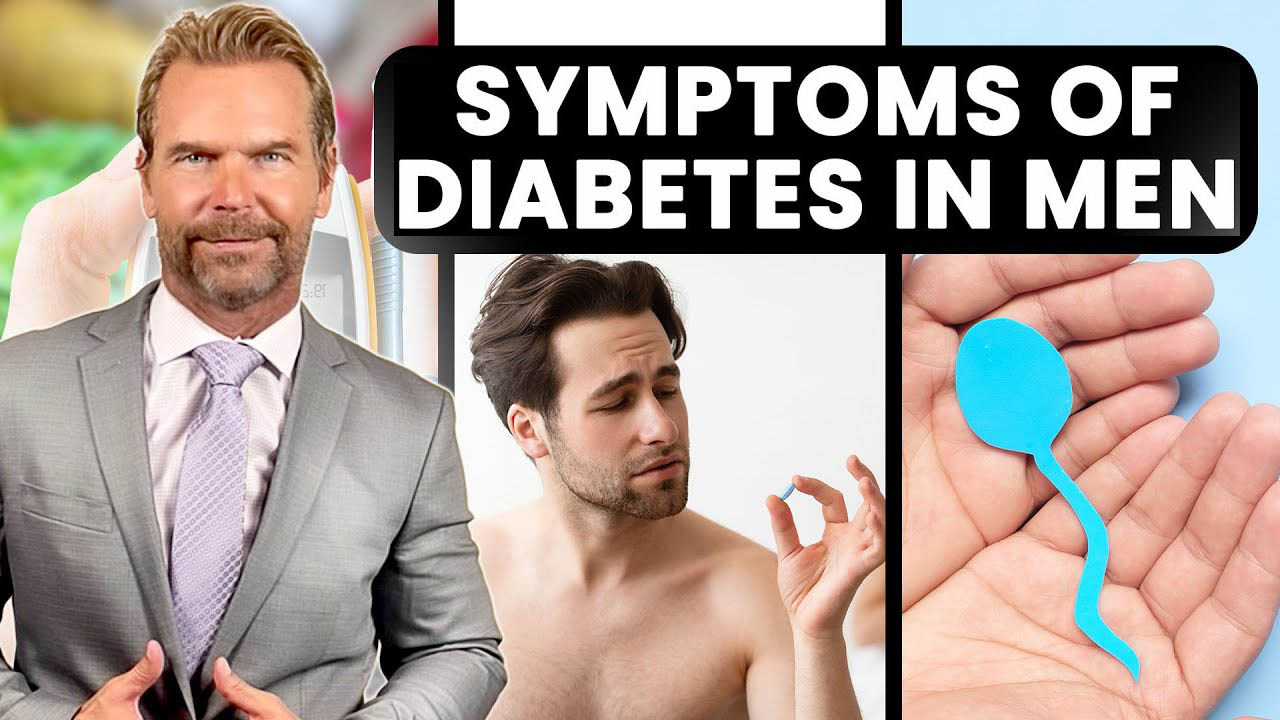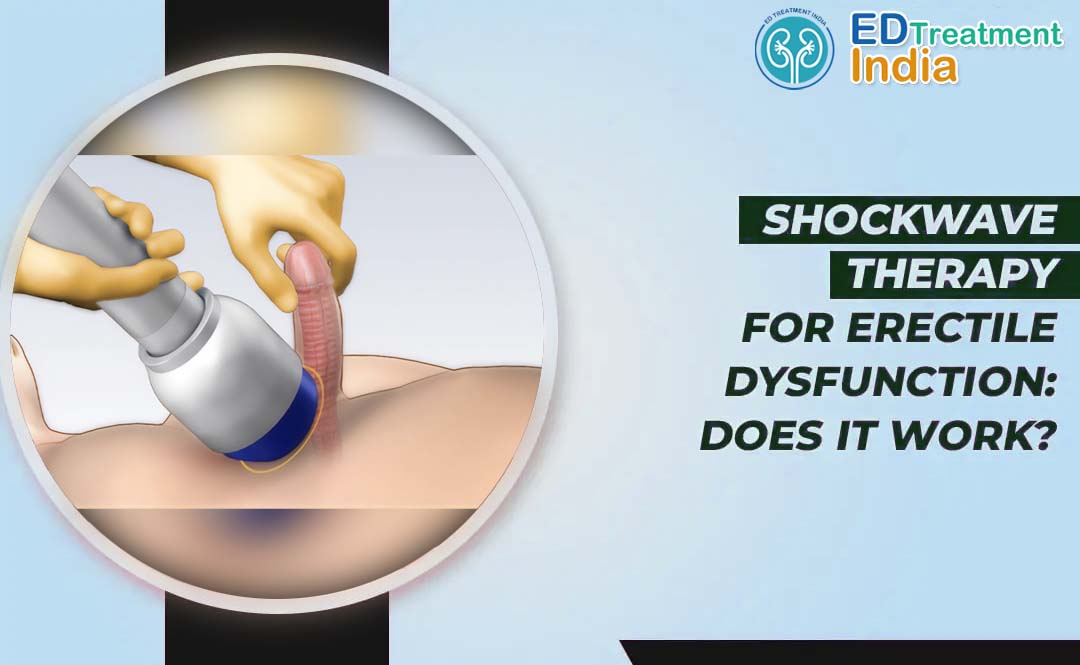WHEN DID IT BECOME OK FOR LAYPEOPLE TO OPENLY PROMOTE SOMETHING THAT EVIDENTLY REQUIRES SPECIALISED MEDICAL EXPERTISE? Expert advice needed: The discussion about testosterone replacement therapy should take place privately between you and a specialist doctor
Question: I am a middle-aged man and I think I am experiencing low testosterone symptoms. I have been reading widely, watching YouTube and Instagram videos and reviews, and am considering testosterone replacement therapy. What do you think?
Answer: The Water Cooler thinks that it is high time the world wakes up and realises that many social media influencers are doing far more harm than good. Remember when social media was invented, and the world was excited about the amazing potential of instant connectivity with anyone across the world?
Well, a bit like SA, potential quickly becomes a frog in boiling water. I always felt sorry for this metaphorical frog —
who stuck him in the pot in the first place? According to Forbes, “There is a fascinating 19th century science experiment. As the story goes, researchers found that when they put a frog in a pan of boiling water, the frog just quickly jumped out. On the other hand, when they put a frog in cold water and put the water to boil over time, the frog just boiled to death.” Let that image ferment as we look towards May 29.
I’m afraid that this is what most social media has become. It is tragic, though not surprising. Before, if you wanted a platform to broadcast your views — like this platform — you needed to prove yourself, among other things, as a) literate, b) responsible and adhering to codes of good practice, and c) likely to present fact-checked information while clearly differentiating between objective reporting and opinion. My opinion is that when they gave more than 7-billion people a platform and a megaphone, they should not have expected anything other than the online dystopia that’s materialised.
In the dark ages before 1997 when the first social site Six Degrees went live, we may have been susceptible to being “manipulated by the gatekeepers of mainstream news”, as social media lovers proclaim, but we also weren’t forced to listen to the stream of consciousness of idiots, bigots, hedonists, psychopaths and narcissists parading as influencers. Yes, there are many good guys out there, but they really do feel outnumbered.
What does any of this have to do with testosterone replacement therapy? When did it become OK for laypeople to openly promote something that evidently requires specialised medical supervision and expertise?
Social media allowed the US infatuation with pharmaceutical entrepreneurship, as seen in the movie Pain Hustlers, to spread to our shores. TimesLIVE ran an article last week that said research found that South Africans spend more time on their phones looking at social media than any other country in the world!
No wonder X is so “vibrant” and masquerades as a far more powerful indicator of public sentiment than it actually is. Those who use it, live on it.
I’ve seen videos about testosterone replacement therapy. Some influencers are as young as their early 20s, others in their 30s and 40s, while there are others who are older. Many of them are former bodybuilders who completely shut down their hypothalamic pituitary-gonadal( HP G) axis and have no choice but to administer exogenous testosterone for the rest of their lives.
Symptoms of low testosterone include reduced sex drive, erectile dysfunction, fatigue, mood swings, difficulty sleeping, decreased muscle mass and bone density, fat increase, and even some breast tissue growth.
Does every man with low testosterone have these symptoms? No. Does every man with any of these symptoms have low testosterone? Not necessarily. The only way to know your own testosterone level is to have blood tests analysed by professionals.
Risks of testosterone replacement therapy include worsened sleep apnoea, higher blood clot risk through an increased red blood cell count, reduced sperm production, and changes in cholesterol levels that increase cardiovascular risk. There are also conflicting studies and theories on testosterone replacement therapy’s effect on the prostate.
In SA, testosterone replacement therapy is not covered by medical aid, and so once you make the decision to receive testosterone injections, make sure you have budgeted accordingly, as it won’t be cheap. You’ll need regular monitoring and blood tests. You’ll need to travel internationally with scheduled drugs and paraphernalia. This is a big decision.
The discussion about potential testosterone replacement therapy should not be happening on social media reels, comments and online forums, or even in this column, it should be occurring privately between you and a specialist doctor who has your best interests at heart.




